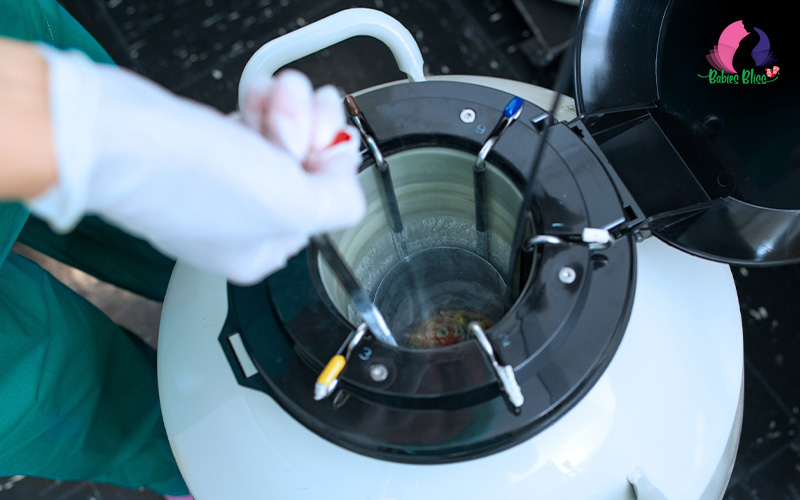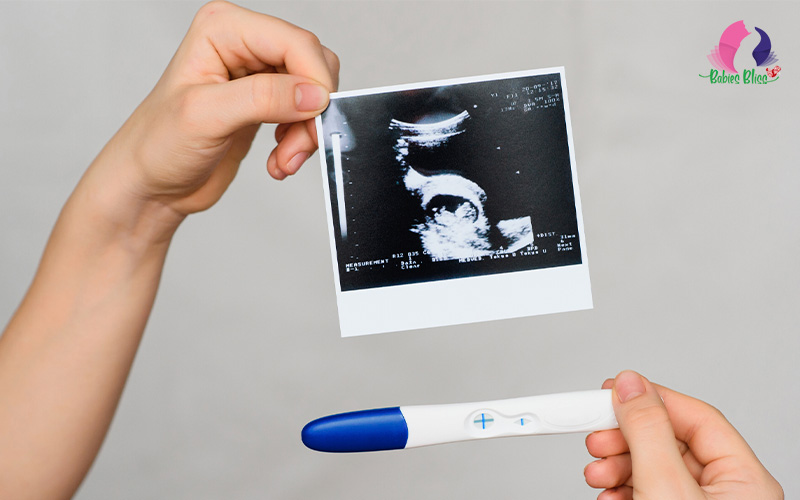Every married couple would have discussed family planning at some stage of their relationship. However, fertility is not a timeless gift, and age and reproductive potential are intrinsically linked. While both men and women experience changes in fertility as they age, women, in particular, face a biological clock and are more prone to experiencing infertility warning signs. Let us explore the impact of age on fertility, covering vital aspects for both men and women.
Female Fertility and Age
Fertility services in Singapore tend to target women, as they generally have a shorter biological clock. That is because female fertility is closely linked to the menstrual cycle and the process of ovulation, which changes as women age. Learn how women’s fertility declines with age.
1. Decline in ovarian function
Women’s ovarian function declines as they age, resulting in the quality and quantity of their eggs decreasing over time. Moreover, the remaining eggs are more susceptible to genetic abnormalities, further reducing the chances of successful conception and increasing the risk of miscarriage.
2. Menstrual cycle irregularities
Age can also bring about changes in the regularity of a woman’s menstrual cycle, making it challenging for couples to predict ovulation accurately. Additionally, these irregularities can indicate hormonal imbalances, which can affect the growth of the egg within the ovary, its release into the fallopian tube, and the thickening of the uterine lining for implantation.
3. Decrease in ovarian reserve
When women’s ovarian reserve decreases, it often takes longer to conceive. That, in turn, affects the chances of pregnancy, which reduces significantly after the age of 35. By age 40, the decline becomes more pronounced.
4. Increased risk of pregnancy complications
Advanced maternal age is often associated with increased risks of pregnancy complications. Issues such as gestational diabetes, hypertension, preeclampsia, and preterm birth are more prevalent as a woman ages. The risk of chromosomal abnormalities, like Down syndrome, also increases with maternal age.
Male Fertility and Ageing
While women experience a more defined biological clock, men are not exempt from the impact of ageing on fertility. Although, the decline tends to be less pronounced and more gradual. Nevertheless, it is common for men to seek infertility consultation too.
In fact, it takes longer for spouses of men older than 40 to conceive, as men’s sperm quality usually declines around age 40 to 45. Additionally, the potential of miscarriage is higher when the husband is older than 45 years. Advanced paternal age has also been associated with a higher risk of genetic disorders and specific health conditions in children.
Improving Chances of Pregnancy
Despite the challenges posed by age-related fertility decline, couples can take proactive steps to enhance their chances of conception. Here are the options to consider.
1. Timely family planning

Fertility experts often recommend that couples make informed decisions about the timing of family planning and consult a healthcare professional to assess their reproductive health if they have trouble conceiving. Couples can also consider seeking fertility support to receive valuable insights and guidance on how to start a family.
Learn More: Natural Ways To Improve Your Fertility
2. Fertility preservation

Couples who wish to focus on their careers and postpone starting a family can consider fertility preservation options when they are in their reproductive prime of 20 to 30 years old. Egg freezing or embryo cryopreservation, in particular, allows women to preserve their eggs or embryos for future use, mitigating the impact of age on fertility.
3. Assisted reproductive technologies (ART)

Older couples having difficulties conceiving need not lose hope. Advancements in assisted reproductive technologies offer solutions to age-related fertility challenges. In vitro fertilisation (IVF), in particular, is a viable fertility treatment option. Alternatively, couples whose reproductive potential is compromised can consider the use of donor eggs or sperm.
Age plays an essential role in fertility, affecting men and women in various ways. Acknowledging these biological changes and understanding the associated challenges is crucial for those navigating the path of family planning. By addressing fertility concerns and seeking professional guidance, couples can enhance their chances of a successful and healthy pregnancy.
If you are having trouble conceiving, fret not! At Babies Bliss, our team of skilled fertility specialists is well-versed in helping women deal with their infertility issues. Through the art and science of our fertility services, our goal is to empower women with the knowledge to enhance their chances of conception. Visit our website today to learn more about our fertility practices for women.
